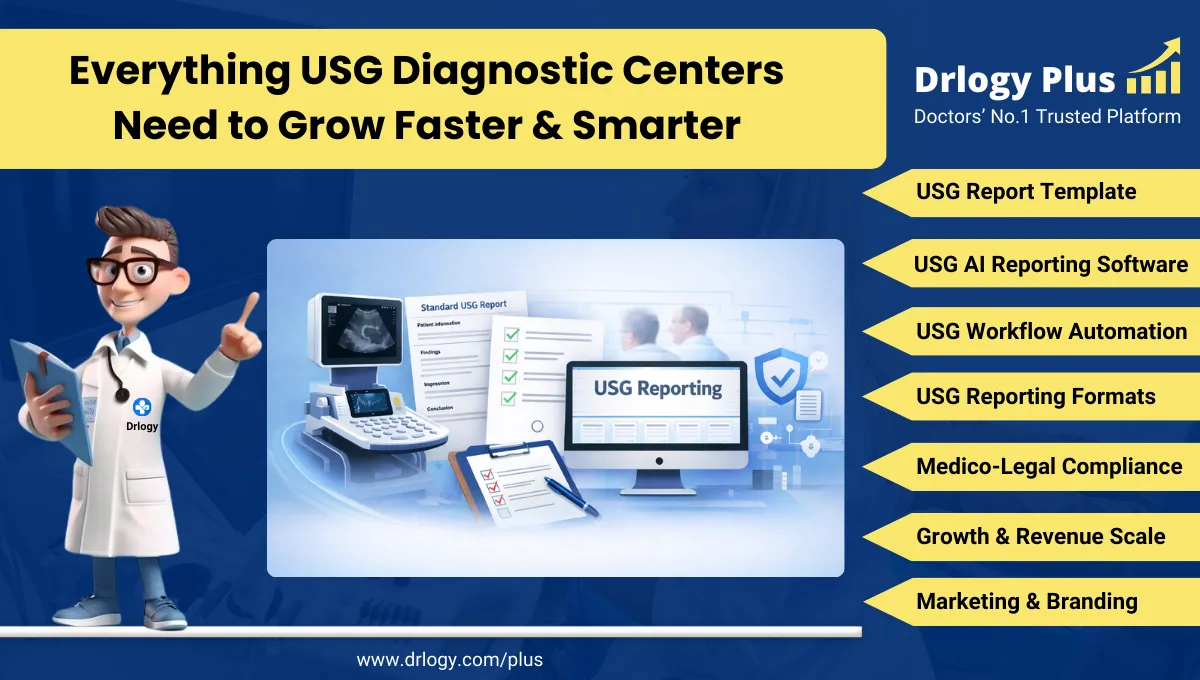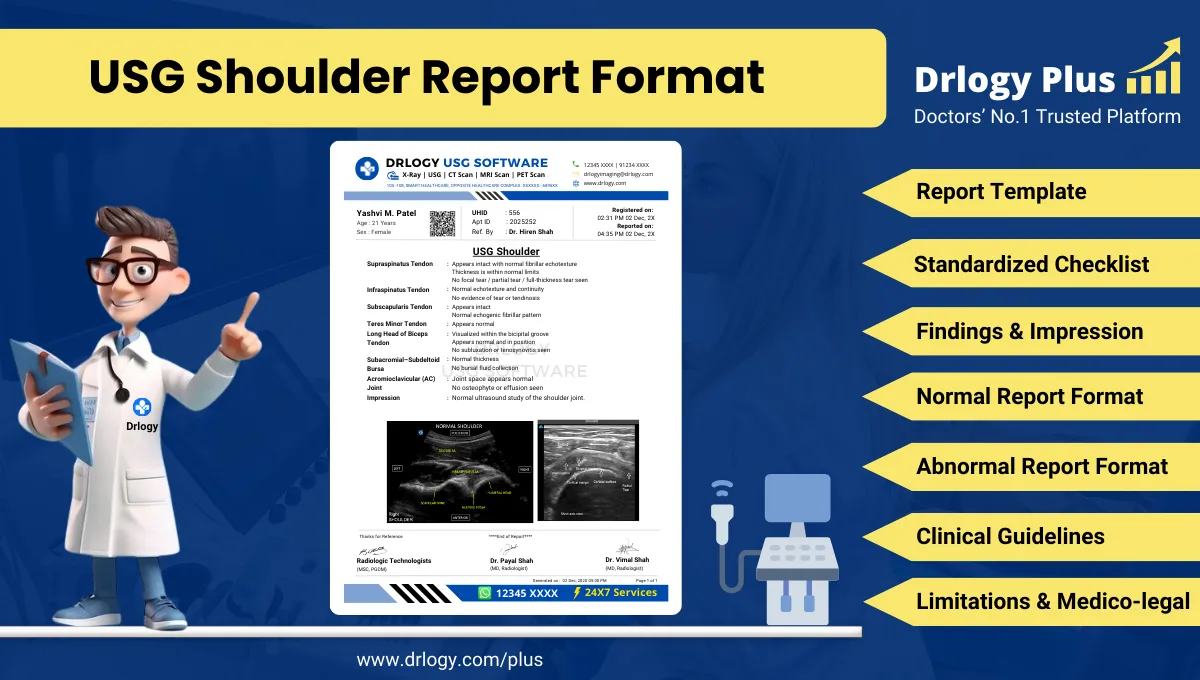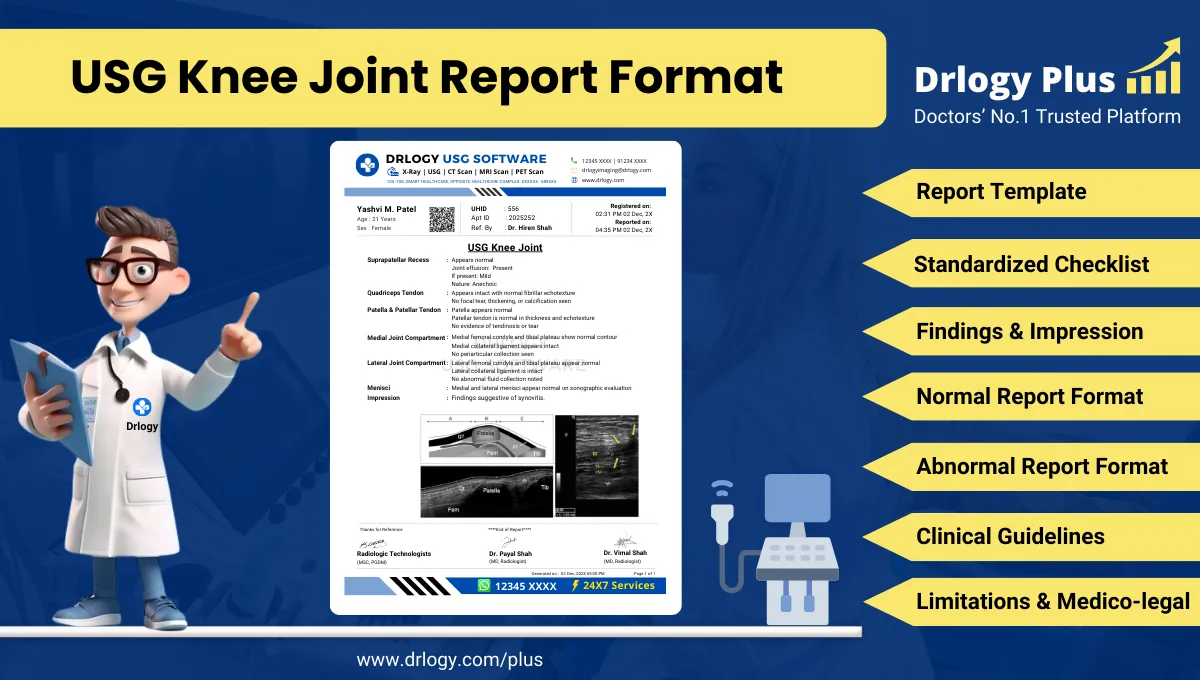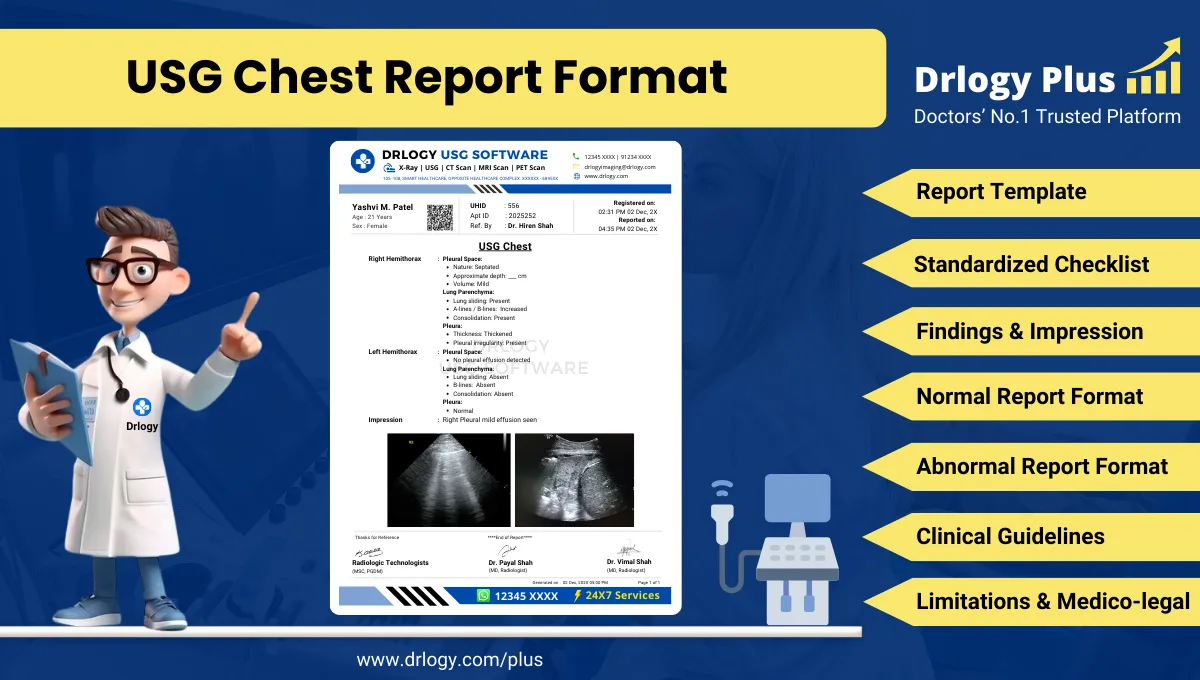
Drlogy
Healthcare organization
Why Patient Data Security Feature Must In MRD Software
Ensuring robust patient data security features in MRD management software is paramount to safeguard sensitive healthcare information.
Check:
These features protect patient confidentiality, prevent unauthorized access, and maintain compliance with data protection regulations. Explore the top 10 patient data security features essential for securing MRD management software below.
Check:
10 Best Patient Data Security Features for MRD Management Software
Check 10 Best Patient Data Security Features for MRD Management Software.
1. End-to-End Encryption
- Encrypts data both at rest and in transit to prevent unauthorized access.
- Uses industry-standard encryption protocols for data security.
- Ensures that data is decrypted only by authorized users.
- Protects sensitive patient information from interception during transmission.
- Enhances overall data security by making stored information unreadable to attackers.
2. Multi-Factor Authentication (MFA)
- Requires multiple forms of verification before granting access.
- Combines something you know (password) with something you have (security token) or something you are (biometric).
- Reduces the risk of unauthorized access due to compromised passwords.
- Supports SMS, email, and authenticator app-based MFA methods.
- Enhances security by adding an extra layer of protection beyond passwords.
3.-Based Access Control (RBAC)
- Assigns permissions based on the user’s within the organization.
- Limits access to sensitive data to only those who need it for their job functions.
- Allows for easy management of user permissions and access levels.
- Enhances security by minimizing unnecessary data exposure.
- Facilitates compliance with data protection regulations by controlling data access.
4. Regular Security Audits and Penetration Testing
- Conducts periodic audits toentify vulnerabilities and compliance issues.
- Performs penetration testing to simulate cyber-attacks and uncover weaknesses.
- Provides detailed reports with recommendations for improving security.
- Helps ensure that security measures are up-to-date and effective.
- Enhances the overall security posture by proactivelyentifying and addressing risks.
5. Data Backup and Recovery
- Implements regular data backups to protect against data loss.
- Utilizes secure, off-site storage for backup data.
- Provides quick recovery options to restore data in case of a breach or system failure.
- Ensures that backups are encrypted to maintain data confidentiality.
- Enhances data resilience by ensuring continuity of care even during disruptions.
6. Comprehensive Audit Trails
- Tracks all access and modifications to patient records.
- Provides detailed logs of who accessed the data, when, and what changes were made.
- Enables auditing and monitoring for suspicious activities.
- Facilitates compliance with regulatory requirements for data access logging.
- Enhances transparency and accountability within the healthcare organization.
7. Secure User Authentication
- Implements strong password policies, including complexity and expiration requirements.
- Supports biometric authentication methods such as fingerprint or facial recognition.
- Provides single sign-on (SSO) capabilities for streamlined, secure access.
- Monitors and logs failed login attempts to detect potential breaches.
- Enhances overall security by ensuring that only authorized users can access the system.
8. Data Anonymization and Masking
- Uses anonymization techniques to remove personallyentifiable information (PII) from data sets.
- Employs data masking to obscure sensitive information in non-production environments.
- Ensures that data used for testing or analysis does not expose patiententities.
- Complies with data protection regulations by safeguarding PII.
- Enhances data privacy while still allowing for data analysis and testing.
9. Secure Communication Channels
- Utilizes secure messaging protocols for communication between healthcare providers and patients.
- Encrypts emails and other forms of electronic communication.
- Provides secure portals for patients to access their health information.
- Ensures that sensitive information is transmitted securely.
- Enhances patient trust by protecting the confidentiality of communications.
10. Regular Software Updates and Patch Management
- Ensures that software is kept up-to-date with the latest security patches.
- Addresses vulnerabilities promptly to protect against emerging threats.
- Provides automated update mechanisms to streamline the patching process.
- Monitors for new vulnerabilities and applies patches as needed.
- Enhances security by maintaining the integrity and protection of the MRD system.
Drlogy MRD Management Software Features Guide
Check the Top 14 features of MRD Management Software Your Hospital Should Have.
| 1. Patient Registration | 8. Mobile App |
| 2. Patient Record | 9. Consent Management |
| 3. Patient History | 10. Patient Feedback |
| 4. Data Security | 11. Patient Education |
| 5. Data Management | 12. Patient Reporting |
| 6. Patient Portal | 13. Billing |
| 7. EHR | 14. Data Analytics |
Summary
Overall, Integrating these patient data security features into MRD management software is crucial for safeguarding patient confidentiality, preventing unauthorized access, and ensuring compliance with data protection regulations.
Check Drlogy MRD Management Software Features Guide for efficient inpatient management and enhanced patient care for your clinics and hospitals for patient management.




